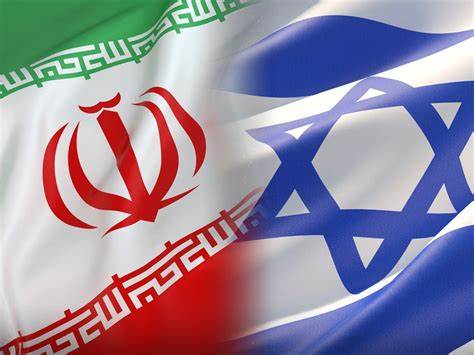We are freshly coming out of an Iranian attack on Israel, starring numerous missiles, most of which were successfully intercepted and destroyed by the Israeli air defence systems. Israel is effectively fending off Iranian missiles and drones thanks to advanced technology. Given the circumstances, the likelihood of a longstanding military conflict between Iran and Israel seems unlikely for several reasons. Firstly, both the USA and the UK are resolute in supporting Israel. Should Iran continue attacks or contemplate a large-scale war, the country must also prepare for a full-fledged military conflict with the USA and Great Britain, which Iran will most presumably try to avoid.
The Israeli Air Force attacked the consulate in Damascus at 5 PM local time on 1 April, while the senior members of the IRGC Quds Force (one of the five branches of Iran’s Islamic Revolutionary Guard Corps) convened, killing seven Iranian military personnel, including General Mohammad Reza Zahedi and Brigadier General Mohammad Hadi Haji Rahimi. The airstrike prompted the threat of Iranian retaliation against Israel.
US President Joe Biden declared unwavering support for Israeli security, as the US 5th Fleet was put on high-trigger alert. Israel and Iran do not share a border and a distance of 2313 km deems the Iranian military threat less significant, given Israel’s multi-level air defence system and the highly professional air forces. A probable escalation, including an attack on Iran’s nuclear facilities, could lead to an unprecedented regional conflict.
A prolonged Iran-Israel conflict poses a serious threat not only for the parties involved, but also for the entire region. External pressure and Iran’s domestic problems paint an uncertain landscape that can potentially lead to unpredictable consequences.
Iran has its own internal challenges, including economic hardships, deepening public discontent, and rising ethnic tensions, which, in tandem, reduce the country’s chances to wage a long-lasting war. Meanwhile, failing to respond immediately and decisively to Israeli actions could undermine the authority of the ruling regime among the Iranian population and worsen domestic instability.
On the other hand, Israel does not also find a continued war desirable. Despite technological superiority and military training, a prolonged war could prove debilitating, lead to international condemnation, and motivate anti-Israeli sentiments in the region. The support from the US and other Western countries, while a significant factor, could be tested if the conflict intensifies.
The current situation requires careful balancing on both sides and active efforts from the international community to find ways to de-escalate. Diplomatic channels, including international organizations, could become the key to preventing further degeneration of the situation and avoiding catastrophic consequences for the Middle East and beyond.
Samir Muradov
More about:
















































